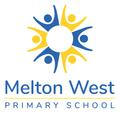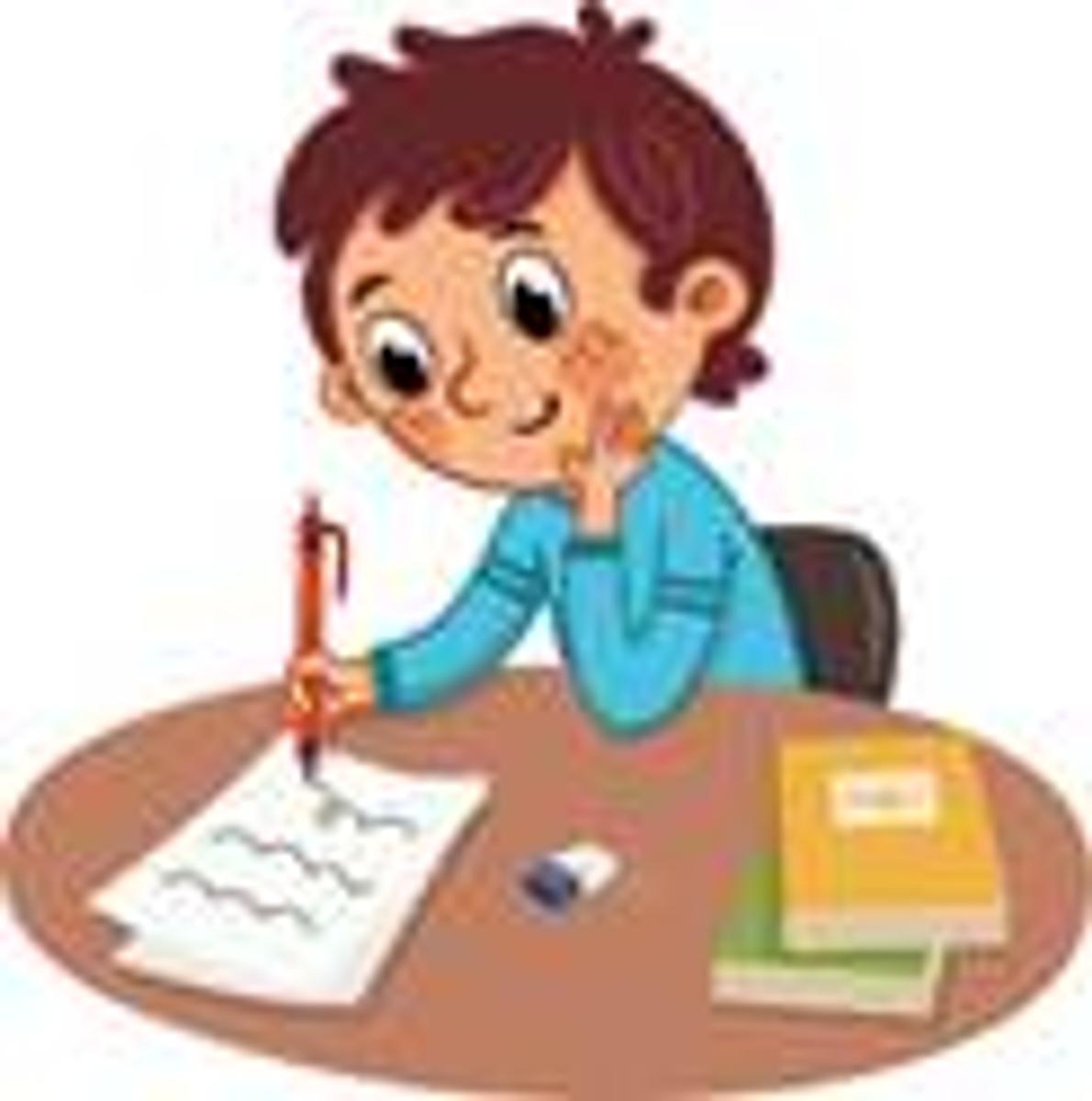Assistant Principal Report

Dear Parents and Carers,
How to build your child’s literacy skills from Grades 3-6
Helping your child to write
As your child moves through primary school, they will begin writing longer creative pieces, writing in different genres, and exploring non-fiction and persuasive writing.
Some general tips to help with your child’s writing in these years include:
Continue to encourage them to write for everyday skills. This includes writing recipes, family messages, shopping lists and greeting cards.
Try to find a quiet time or place for your child to write. A flat surface such as a table, bench top or tray is helpful.
Provide stationery, such as coloured pens and pencils, and different coloured paper.
It is always helpful to discuss the writing topic with your child before they start to write. This will give your child ideas and confidence to start writing.
After discussing the topic your child is writing about, you may want to write down a few arguments or story plot points to help them. They can then expand on these points.
Encourage your child to write creatively in different genres, such as fantasy, realism, and adventure.
Encourage your child to write different types of literary texts such as poems, short plays or film scripts.
Use a book your child has read as a springboard into creative writing.
Persuasive writing will become a focus at school, particularly in high school. Encourage your child to write down their opinions and ideas about specific issues.
Encourage your child to edit their work for mistakes before they show you. They should also make sure the writing makes sense. Getting your child to read their work out loud is a good technique to find mistakes in writing.
Using a dictionary helps with spelling mistakes.
Using a thesaurus helps to expand your child’s vocabulary.
Some fun activities might include:
Use scrap paper to make your own books. Staple pages together and write stories, riddles, jokes or instructions to create a home-made mini book library
Encourage your child to keep a diary where they record their feelings and experiences.
Write a review of a book or film. Encourage your child to have an opinion about the relative good and bad points, and how the film could be improved.
Create ‘found poetry.’ Pick 20 random lines and phrases from books or poems and arrange these lines into a new poem. It can be fun to discuss the different possibilities of joining different lines and the changes in meaning these create.
Give your child a topic that has two clear sides, such as 'Homework should be banned.' Ask your child to write a few paragraphs outlining their arguments for and against.
If your child has recently finished a novel or film, ask them to write creatively in response to it. They might write an alternative ending, a short sequel, or write a series of diary entries from a character’s perspective.
Digital writing and creating
We now live in a world full of digital technology. To give your child the best chance of success in literacy, it is important that your child becomes comfortable with technology and can use various technologies to share their ideas and show their creativity.
Some activities your child might do include:
Create a website with a specific interest in mind, such as a hobby, a sports team, or a historical event that interests them.
Write a blog on a hobby or interest.
Write a short film script and then shoot the film using a mobile phone, tablet or video recorder. Use editing software to edit the film and create titles.
Write a radio script and then record the script using a mobile phone, tablet, or digital voice recorder.
Write a short story and record it using a mobile phone, tablet, or voice recorder. Find digital film score music or sound effects to create mood and suspense.
Write emails or instant messages to family members.
Use presentation or slide software to create presentations for the family about a recent family holiday, or about something of personal interest.
Create a short film, using an app such as The Little Lunch App by the Australian Children’s Television Foundation: https://actf.com.au/education/resources/id/10429/
Taken from: How to build your child's literacy skills from Grades 3 to 6 | vic.gov.au
Sarah Mills
Assistant Principal

